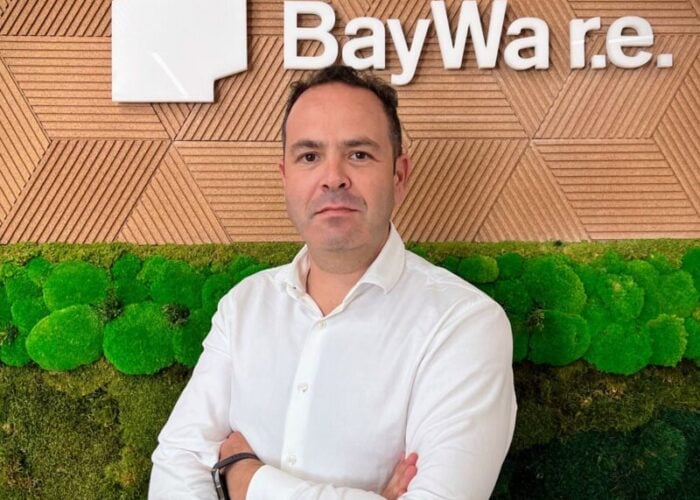The Solar Energy Corporation of India (SECI), the body charged with delivering the country’s flagship solar programme, is to be renamed and given a wider remit for developing renewable energy in India.
Under proposals approved by the Union Cabinet, chaired by India’s prime minister Narendra Modi, SECI will be able to apply to become a commercial entity and recast itself as the ‘Renewable Energy Corporation of India’ (RECI).
Unlock unlimited access for 12 whole months of distinctive global analysis
Photovoltaics International is now included.
- Regular insight and analysis of the industry’s biggest developments
- In-depth interviews with the industry’s leading figures
- Unlimited digital access to the PV Tech Power journal catalogue
- Unlimited digital access to the Photovoltaics International journal catalogue
- Access to more than 1,000 technical papers
- Discounts on Solar Media’s portfolio of events, in-person and virtual
Or continue reading this article for free
In this new guise RECI would take on responsibility for developing other forms of renewable energy – geo-thermal, off-shore wind and tidal – in addition to solar, which has been its main focus so far.
A statement published by the Indian government’s press bureau said the wider scope of the body allows for a “comprehensive and optimised” solution for integrating various renewable energy sources, ultimately reducing stress on transmission and distribution networks.
The changes would also see SECI become a so-called Section 3 rather than Section 8 company under Indian company law. Previously, as a Section 8 company, SECI was formed with charitable objectives, which meant it was prohibited from commercial activity such as trade, buying and selling for profit and distribution of dividends.
As a Section 3 company, SECI would become a self-sustaining and self-generating organisation, able to own solar power plants, generate and sell power, and engage in other segments of the solar sector, including manufacturing of solar products and materials.
SECI was established in 2011 as a not-for-profit company within India’s Ministry of New and Renewable Energy to facilitate implementation of the JNNSM solar mission, India’s main solar procurement programme.
India is now targeting 100GW of PV by 2022.







